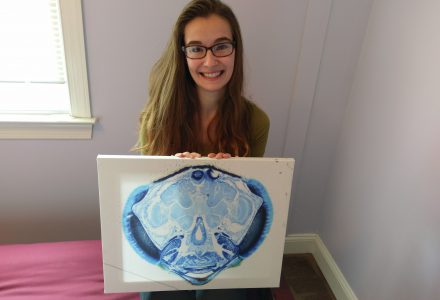
It’s not just in STEM: Sexism outside of work holds scientists back
Sexism in STEM is rampant; you don’t need me to tell you that. From 113 pages of sexual assault/harassment allegations (U of R, 2017) to the Google engineer memo (also 2017), there are dozens of examples each year of sexism inside STEM environments. But it isn’t just the sexism that women experience in their fields – at conferences, in the office/lab, etc. – that makes it harder for women to succeed in STEM. Misogyny and sexism outside of the workplace can also negatively impact women’s performance at work, and thus the progress of their career and their science. How do two things, seemingly happening in different spheres, overlap?




